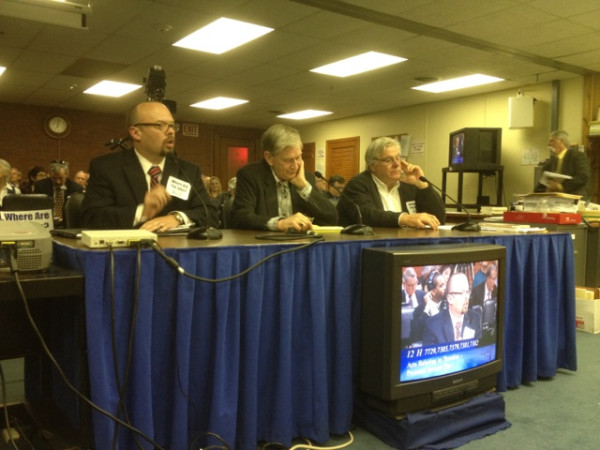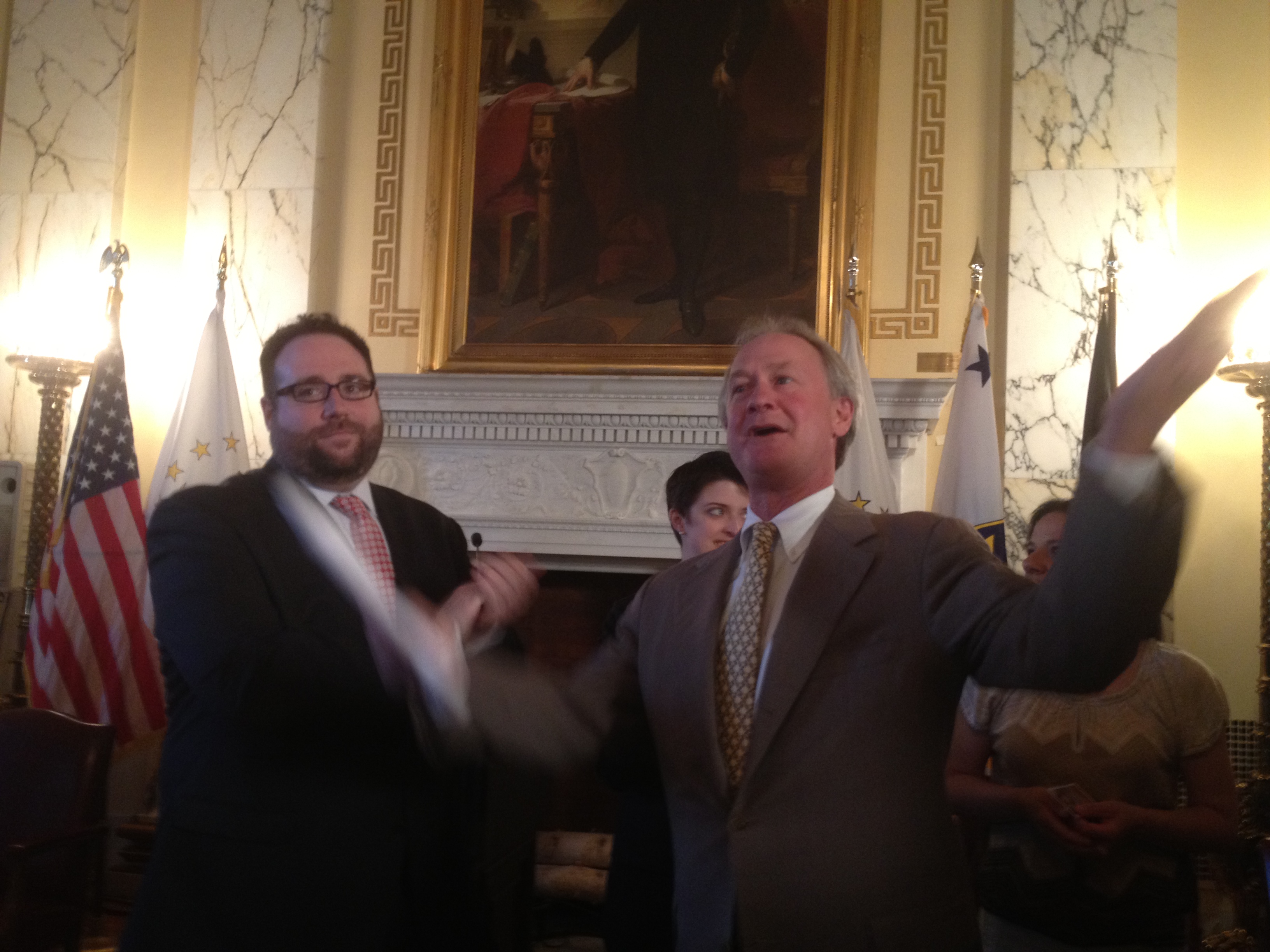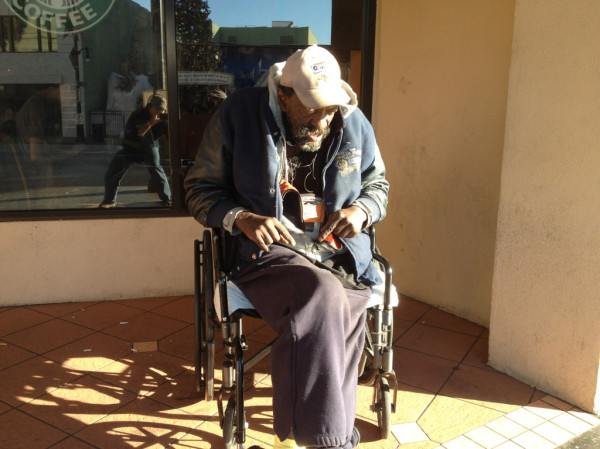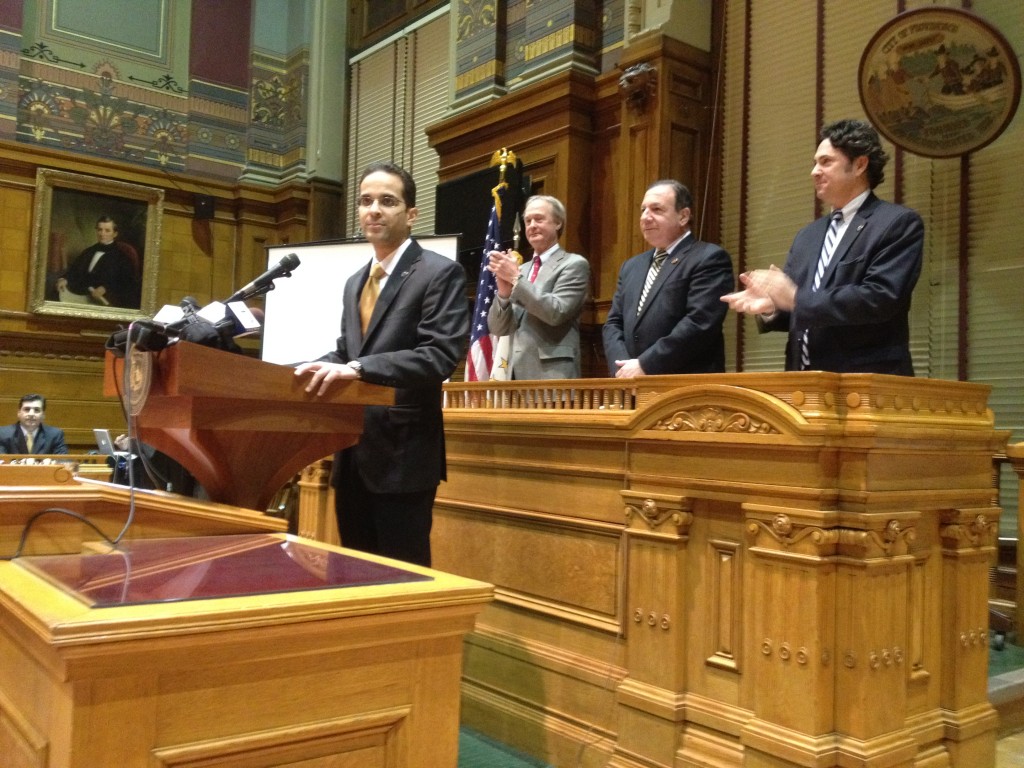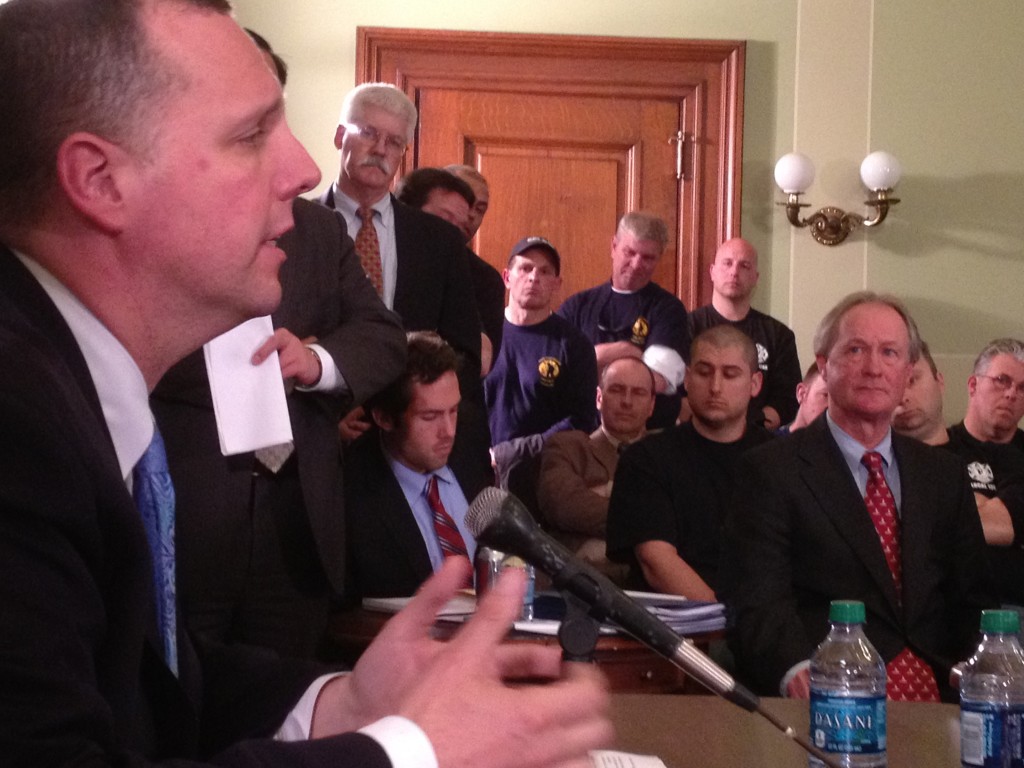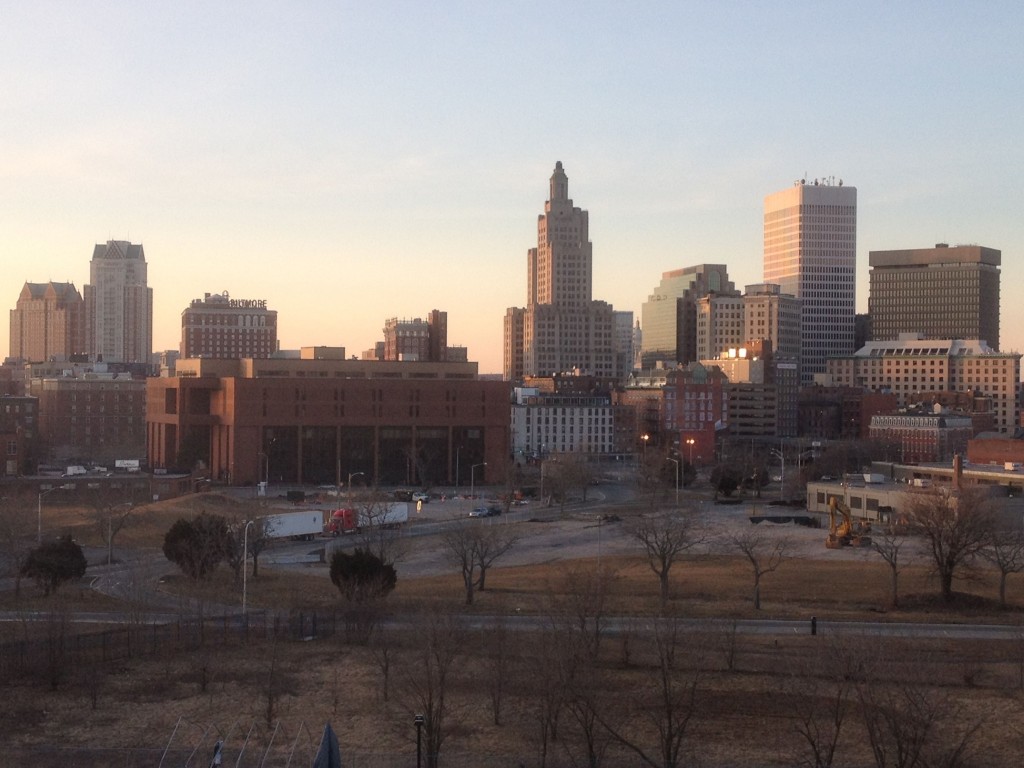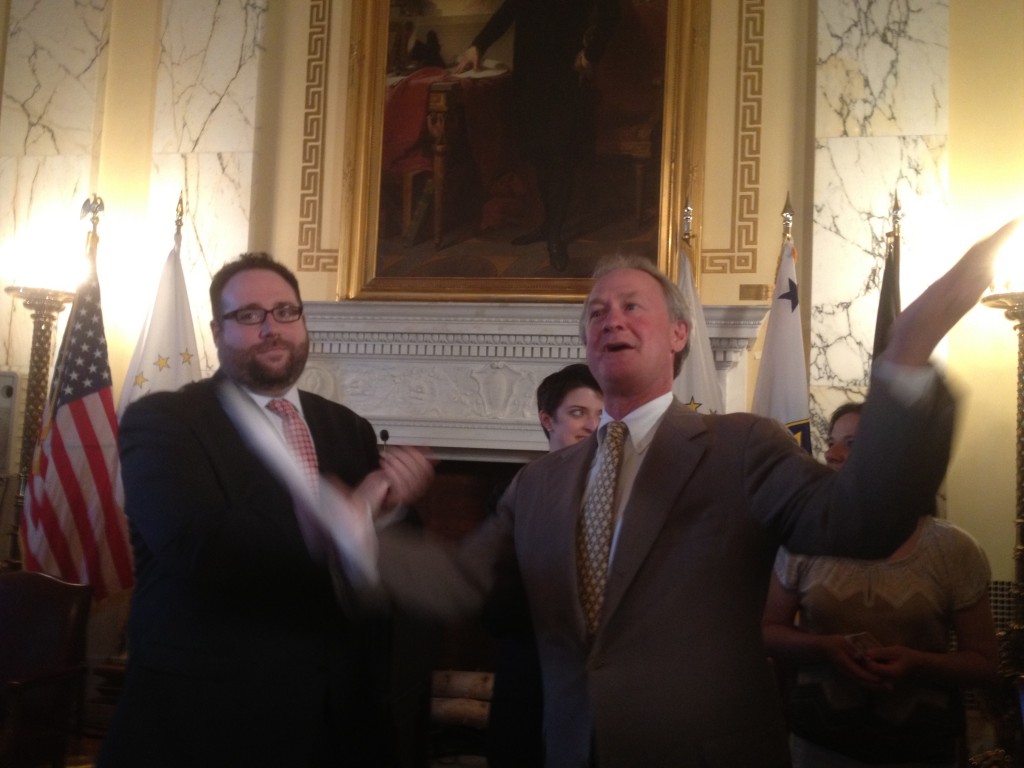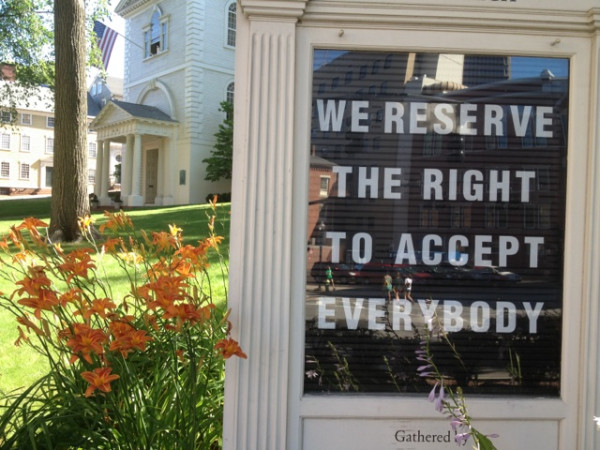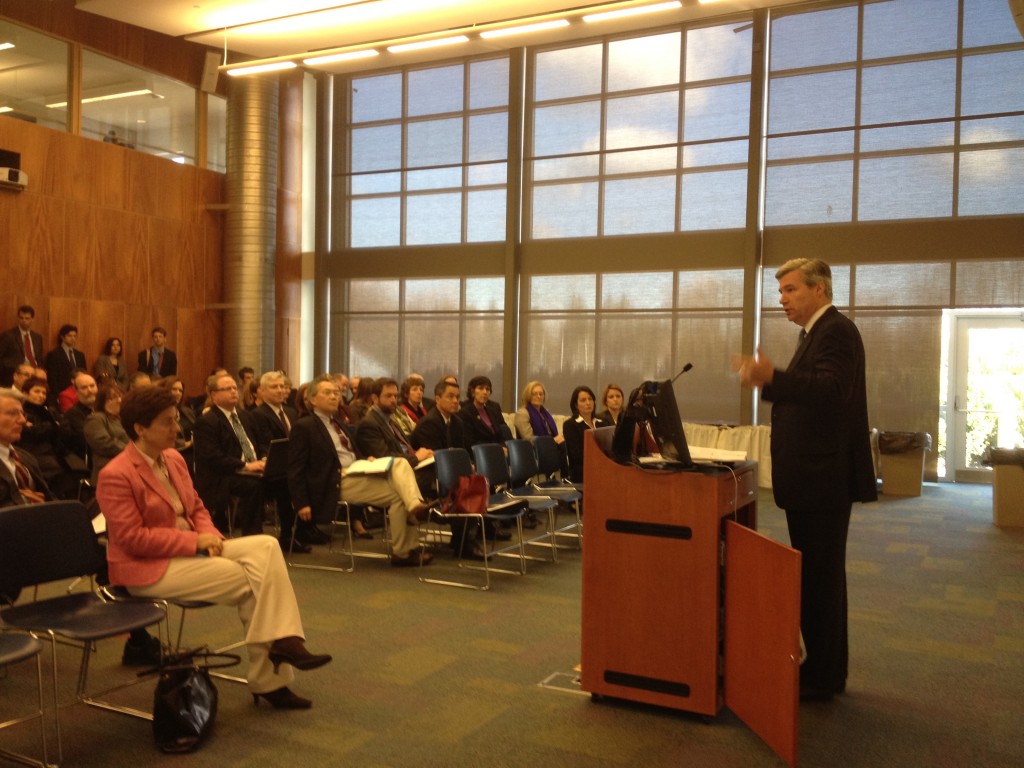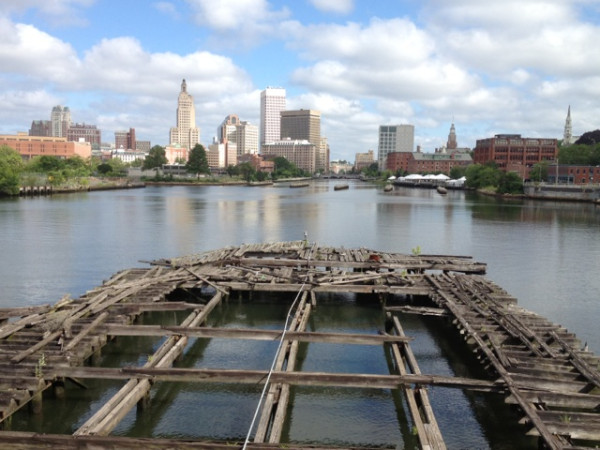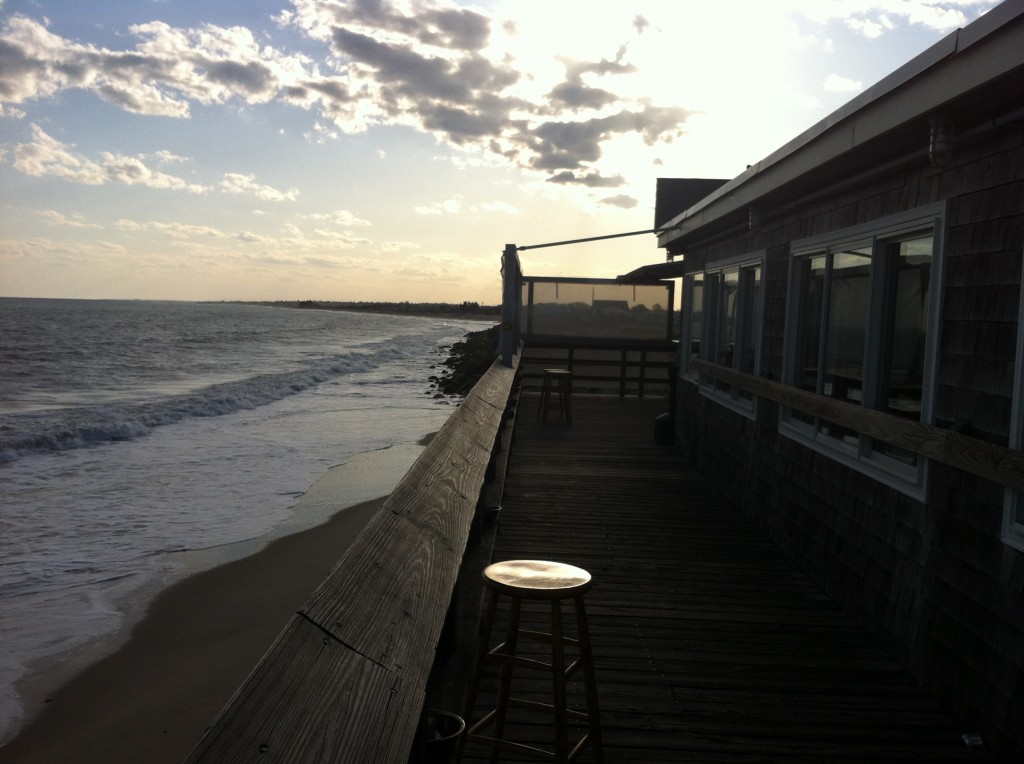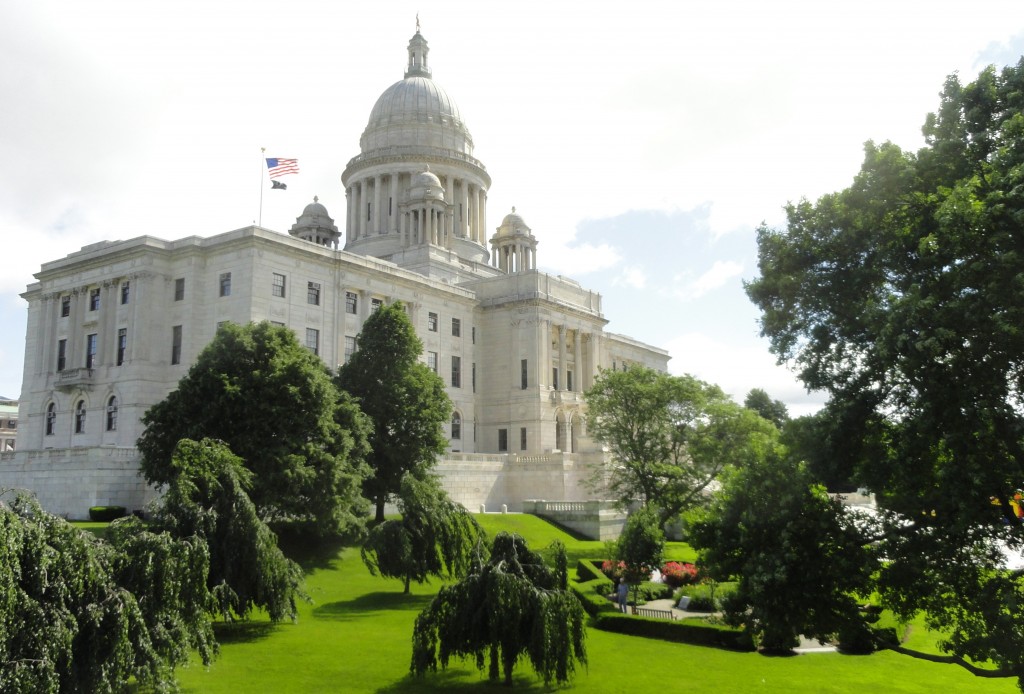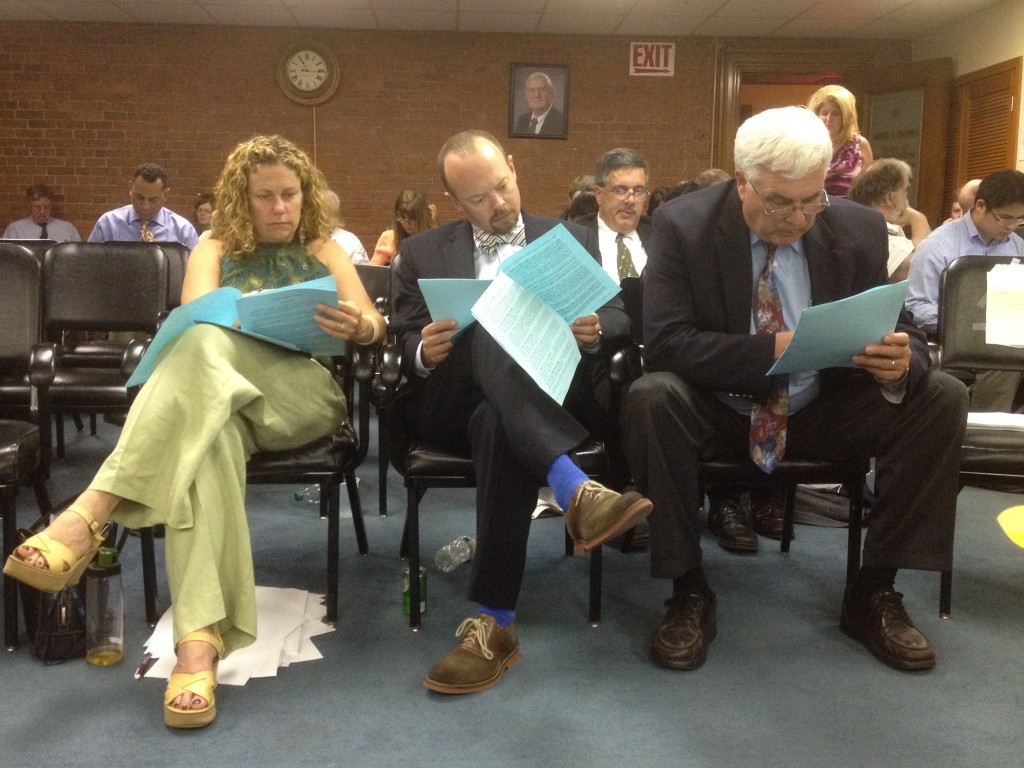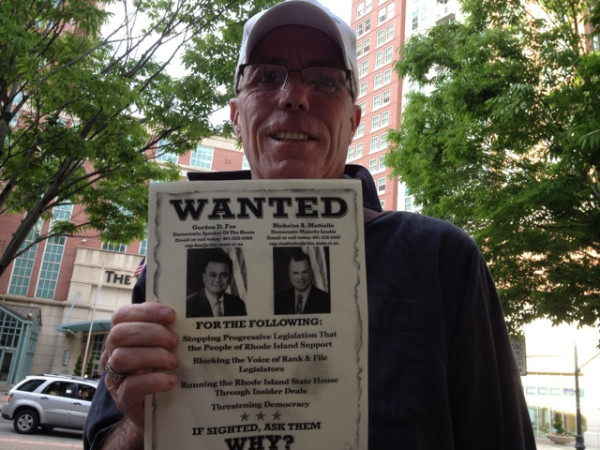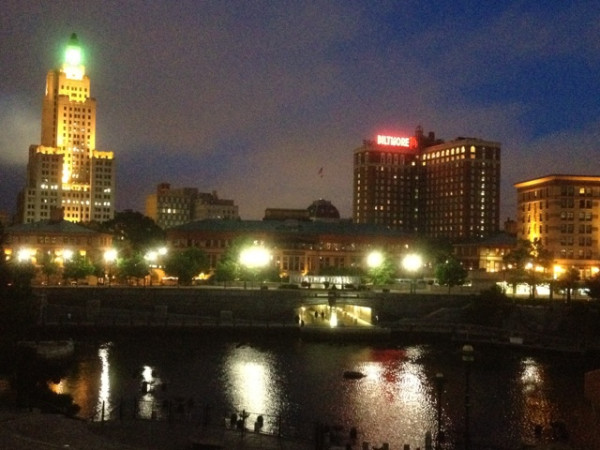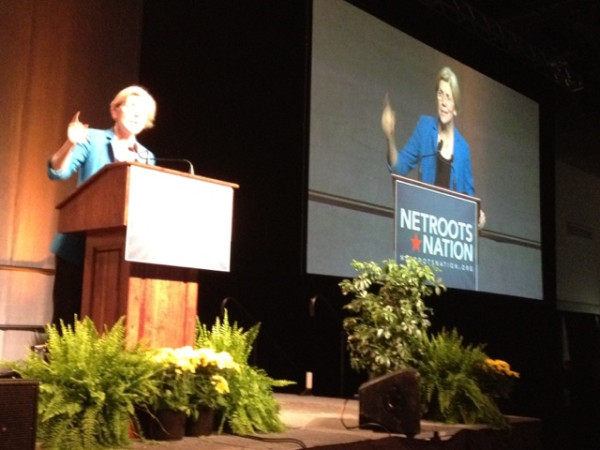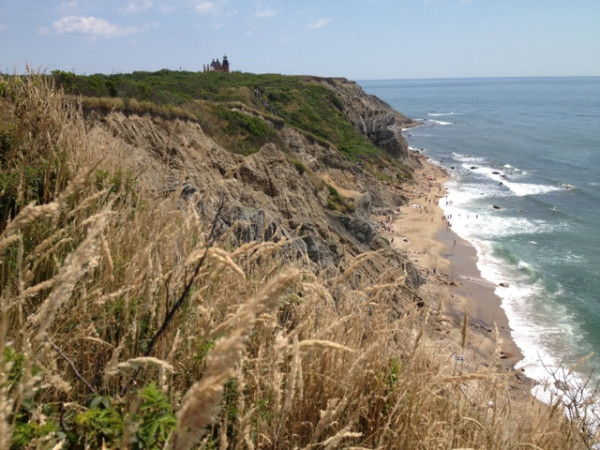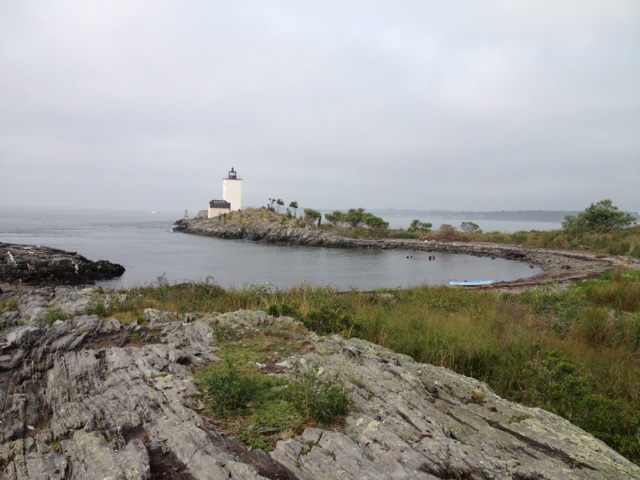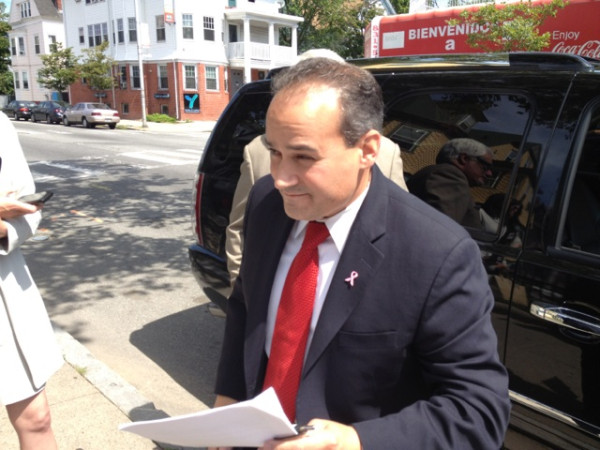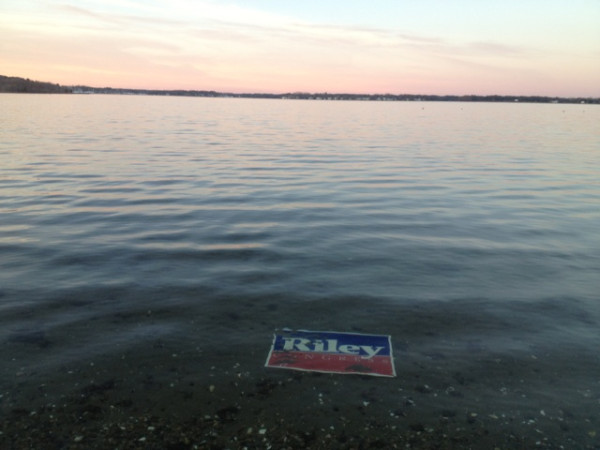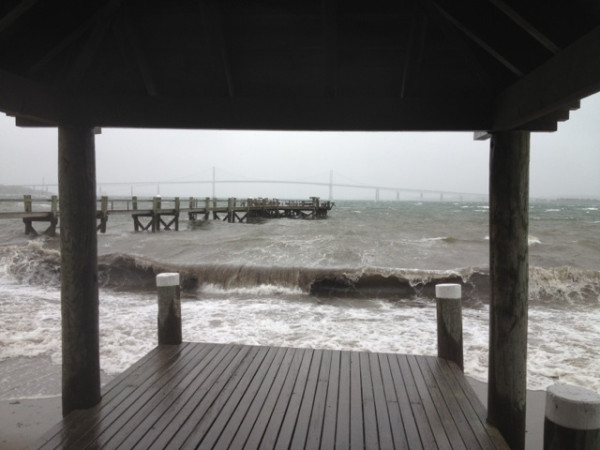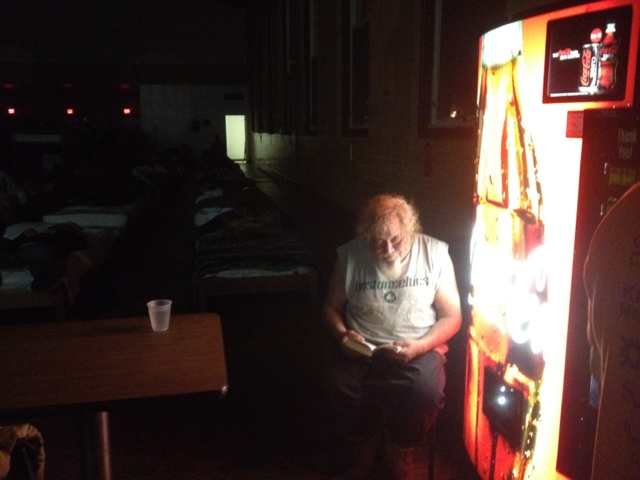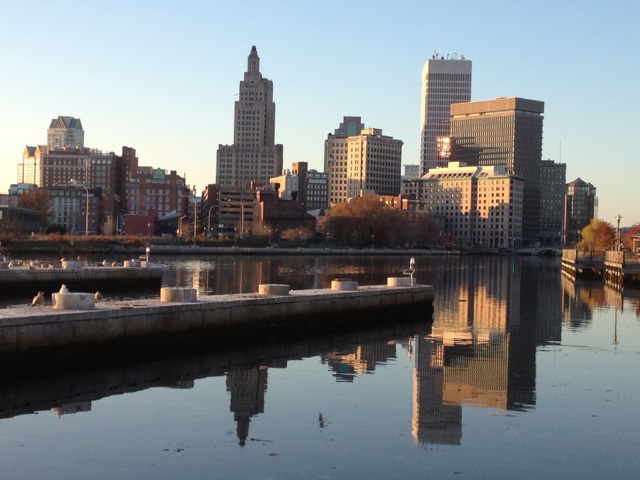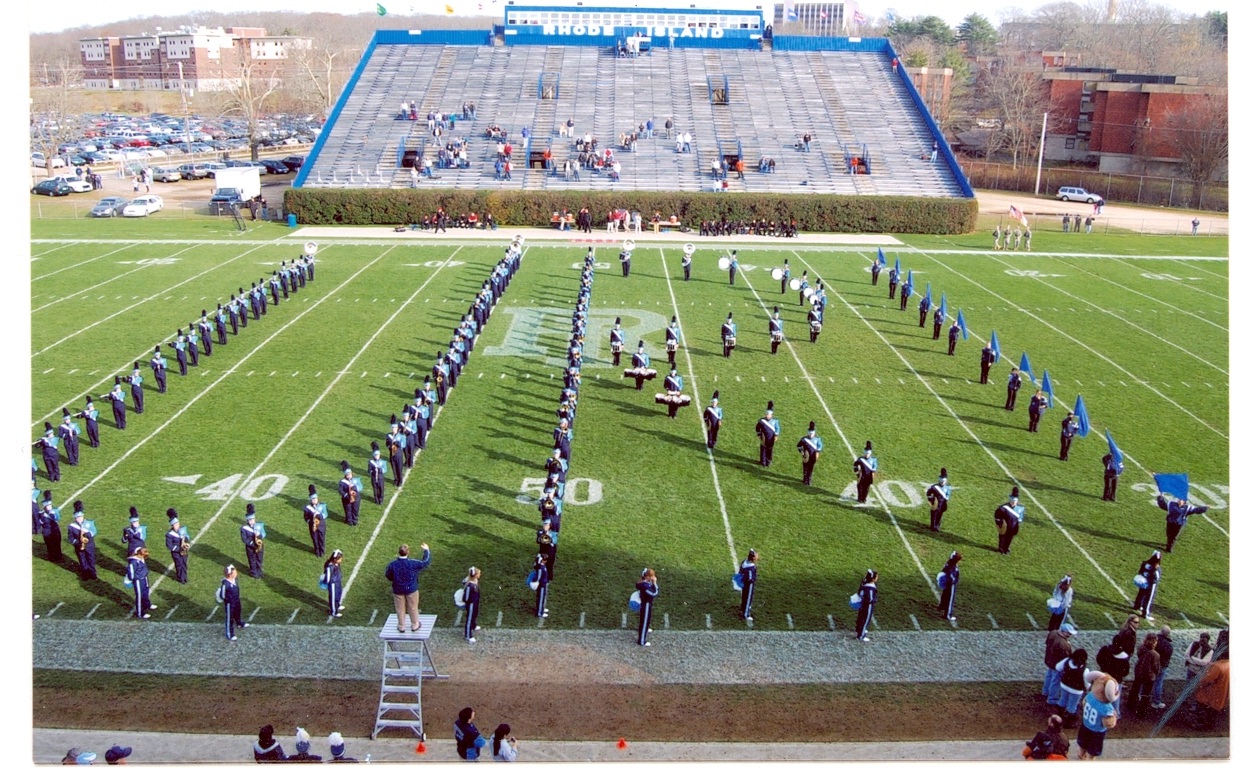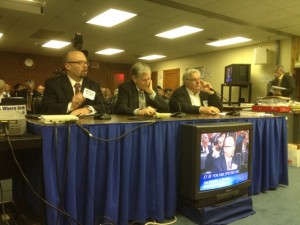 Gary Sasse is generally an honest actor and sometimes a smart economist, but his piece in today’s Providence Journal displays neither of these attributes.
Gary Sasse is generally an honest actor and sometimes a smart economist, but his piece in today’s Providence Journal displays neither of these attributes.
Sasse argues that because the governor did not follow the bad advice of right-wing think tank he used to lead that, “Rhode Island leaders are denying economic reality.”
Not only is this not true, it’s also a deconstructive way to conduct public discourse.
One can completely accept economic reality AND think that RIPEC’s report on why we should dismantle the EDC and replace it with an “commerce czar” is a bad idea. First off, Sasse falsely claimed that Chafee asked RIPEC to author this report when, in fact, the opposite is actually true. This was a project RIPEC wanted to take on, not one the governor asked them to take on. It may seem like a trivial point, but I think it matters much to the framing of the issue.
Moreover, he neglects to mention that a component of the switch was to make the Department of Environmental Management a subsidiary of the proposed commerce czar – an idea that had exactly zero chance of becoming reality in Rhode Island and, furthermore, isn’t rooted in any sort of economic wisdom whatsoever … other than that the interests of the environment should be subservient to those of business owners!!
Indeed, one might argue just as easily that such a policy is to deny economic reality.
Sasse’s track record here in the Northeast is anything but stellar. His claim to fame, other than running RIPEC, is being Governor Carcieri’s chief economic adviser, whose tenure had no demonstrable positive effects on Rhode Island’s economy. Unless, of course, you consider tax cuts for the wealthy and cuts to the poor as positive economic effects in and of themselves.
In spite of these blunders, Sasse is a good guy to have in the debate about how to improve Rhode Island’s economy. But he does himself and the state a disservice when he pretends that to disagree with him is to deny economic reality. Rhode Island needs to work together to improve our economy, not bully around those with whom we disagree.

